As a Biology major, you’ll examine the world around us and receive hands-on training in the lab and in the field.
What You’ll Study
The Biology program provides the foundation to pursue academic and career goals through a diverse curriculum including research experience; an excitement for biology will be cultivated, promoting continued exploration, hands-on training using sampling and identification techniques in the lab and in the field. Students in the online BA in Biology will gain a comprehensive understanding of living things with the examination of plants, animals and microbes on a microscopic and macroscopic level.
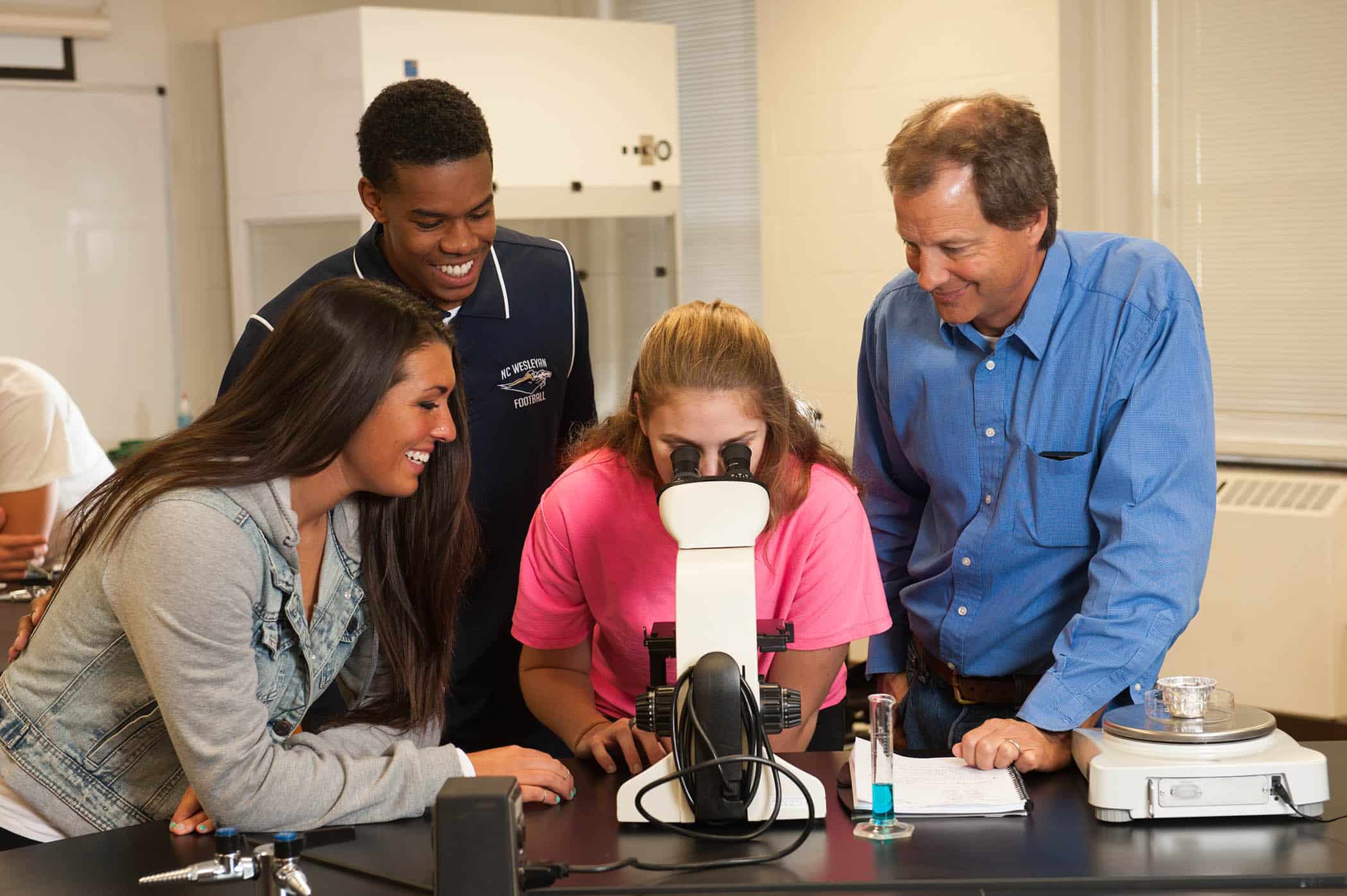
Faculty & Staff
Email any of our advisors with any questions you have about completing this program.

Dimitri Blondel, Ph.D.
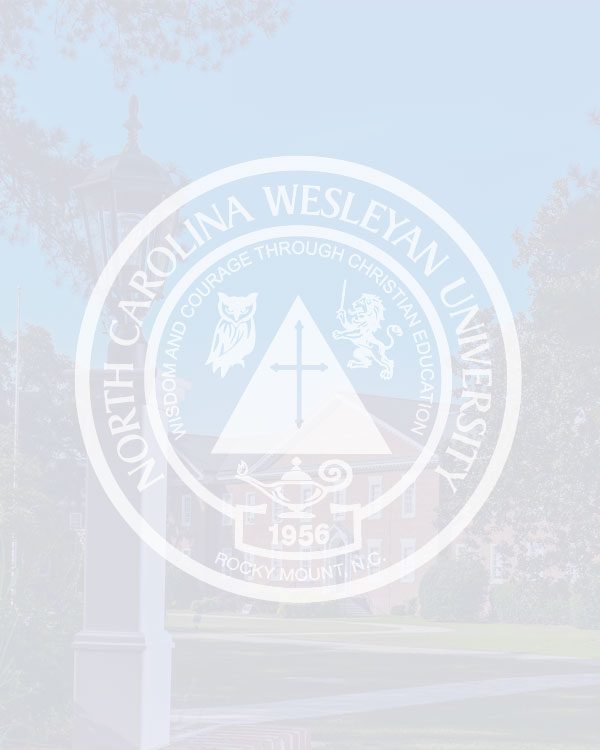
Justin A. Davis
Daniel Elias, Ph.D.
Associate Professor of Environmental Science/Program Coordinator, Environmental Science

Daniel Elias, Ph.D.

Heather Louch, Ph.D.

John Temple, Ph.D.
Emily Weber, Ph.D.
Assistant Professor of Biology/Program Coordinator, Biomedical Science

Emily Weber, Ph.D.
Biology Program Overview
The Biology Program will provide the foundation to pursue academic and career goals through a diverse curriculum including research experience; an excitement for biology will be cultivated, promoting continued exploration in the field.
Here are some highlighted courses included in the Biology Major:
BIO 101 – Life Science
An introductory course for a student with a minimal science background. This course introduces the student to some of the fundamental aspects of life and the major concepts of biology, including scientific method, ecology, cells and molecules, genetics, DNA, biotechnology and evolution.
BIO 200 – Cell Biology
This course will cover the basics of cell biology including enzymes, membranes, signal transduction organelles, metabolism, the cell cycle, the cytoskeleton, cellular movement, DNA and gene expression.
BIO 303 – Genetics
A course which covers the principles of inheritance. The topics will range from the origins of genetics as laid down by Mendel in the nineteenth century to the most recent discoveries in genetics dealing with genetic engineering and other current topics. Students will be exposed to common problem solving skills essential in this field of study.
BIO 402 – Ecological Methods
A lab and field experience in gathering and analyzing ecological data. Methods of sampling biotic and physical factors of aquatic and terrestrial ecosystems will be emphasized. A group project will be conducted all semester.
What are the courses like in Biology at NCWU?
Check out our latest university catalog for learning goals, course descriptions and suggested plans of study for NC Wesleyan University’s Biology Program.
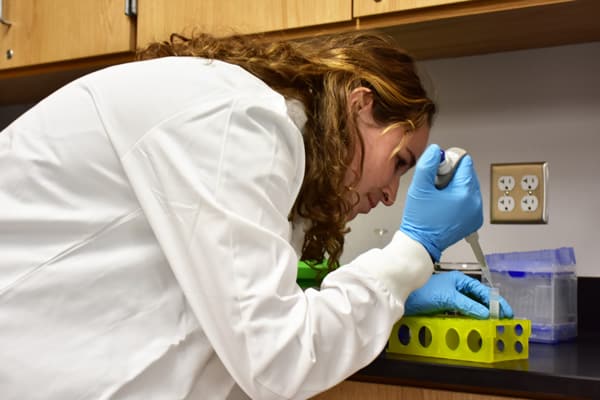
How does this degree prepare students for a career?
Students of biology undertake a general program in which they study living organisms and the systems and processes that permit life. Courses include subjects like cell biology, evolutionary biology, marine biology, and plant biology.
Career Fields:
- Public Health
- Academic Research in University Settings
- Conservation Biologist
- Wildlife Biologist
- Research and Product Development in Medical Supply and Pharmaceutical Industries
- Laboratory Technology
- Middle & High School Science Teacher
- Industry Scientist & Outreach Coordinator
Wondering what you can do with a degree from NCWU’s Biology major? Check out these resources from NCWU Career Development & Leadership and the Occupational Information Network (O*NET).
Wesleyan is dedicated to assisting students in their professional development offering resources and guidance for hands-on learning experiences through internships, assignments within the courses and job search resources. Let us help you focus on your education and career at the same time!
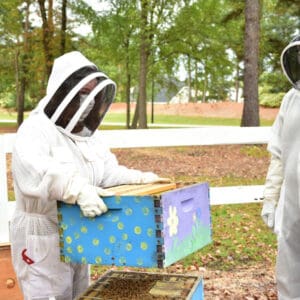
The “B” Club
For all who love bees, honey, or being outside! The “B” Club’s purpose is to bring biodiversity to Wesleyan through the promotion of ideas that will bring new animals and plants to campus. NCWU students maintain a bee hive on campus along with maintaining future birdhouses, bird baths, and plants that will be brought to campus for the attraction of bats, birds, and butterflies. The “B” Club also acts as an advocate for sustainability and environmental protection and conservation. We also educate the campus and community on conservation, preservation, and biodiversity.
Advisor: Ayra Sundbom, asundbom@ncwu.edu
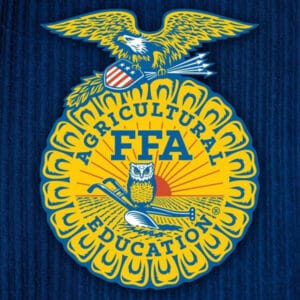
Future Farmers of America
Get involved with NCWU’s FFA Program and learn different farming and agricultural techniques. The FFA program educates its members on farm animals and how to properly care for them. We will also endeavor to foster a healthy learning environment where our members will develop their leadership skills, promote positive personal growth, and career success through agricultural education.
Contact: Daniel Elias, DElias@ncwu.edu

NCWU Office of Undergraduate Research
The NCWU Office of Undergraduate Research (OUR) is supports and promotes opportunities for students in all disciplines to engage in advanced inquiry through research, creative, and scholarly experiences. To promote collaboration between faculty members and students, and to enhance professional advancement and life-long learning through research, scholarly, and creative experiences.
Learn about the NCWU Office of Undergraduate Research at ncwcresearch.com.
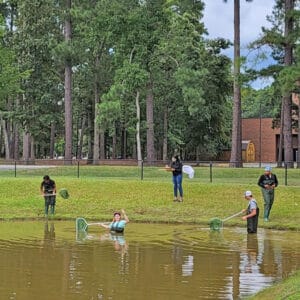
NCWU Science Club
The Science Club encourages students to pursue careers in science-related fields and keeps the university and community informed on health-related issues, as well as participating in community service.
Advisor: Dr. Daniel Elias, delias@ncwu.edu
Get Connected!
Connect and follow the Biology department through social media and experience what life is like inside and outside of the classroom in the Biology, Biomedical, and Environmental Science programs at NCWU.
facebook.com/ncwuBiology
24/7 Tutoring Services. Free & Easy.
North Carolina Wesleyan University is partnered with Brainfuse, a complimentary online tutoring service, provided to all Wesleyan students. This service is available 24 hours a day, seven days a week and features live tutoring in the subjects of writing, reading, math, computer and technology, science and business.
Student Organizations
Be engaged at NCWU!
Choose from 30+ student-led clubs and organizations to connect with other students who share your academic interests or… create your own.
Transfer Articulation Agreements
To simplify the transfer process, NC Wesleyan University has a number of partnerships with other community colleges, universities and institutions that allow students to enroll at NCWU with simple pathways. These agreements outline the courses you should take to prepare for transferring to NCWU. Review the full list of transfer articulation agreements to see if your institution is listed.




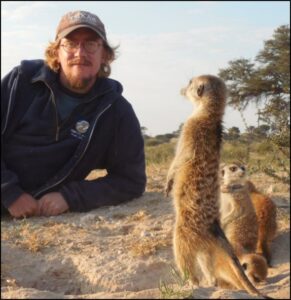 Selected publications:
Selected publications: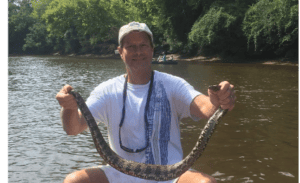 More About Me:
More About Me: